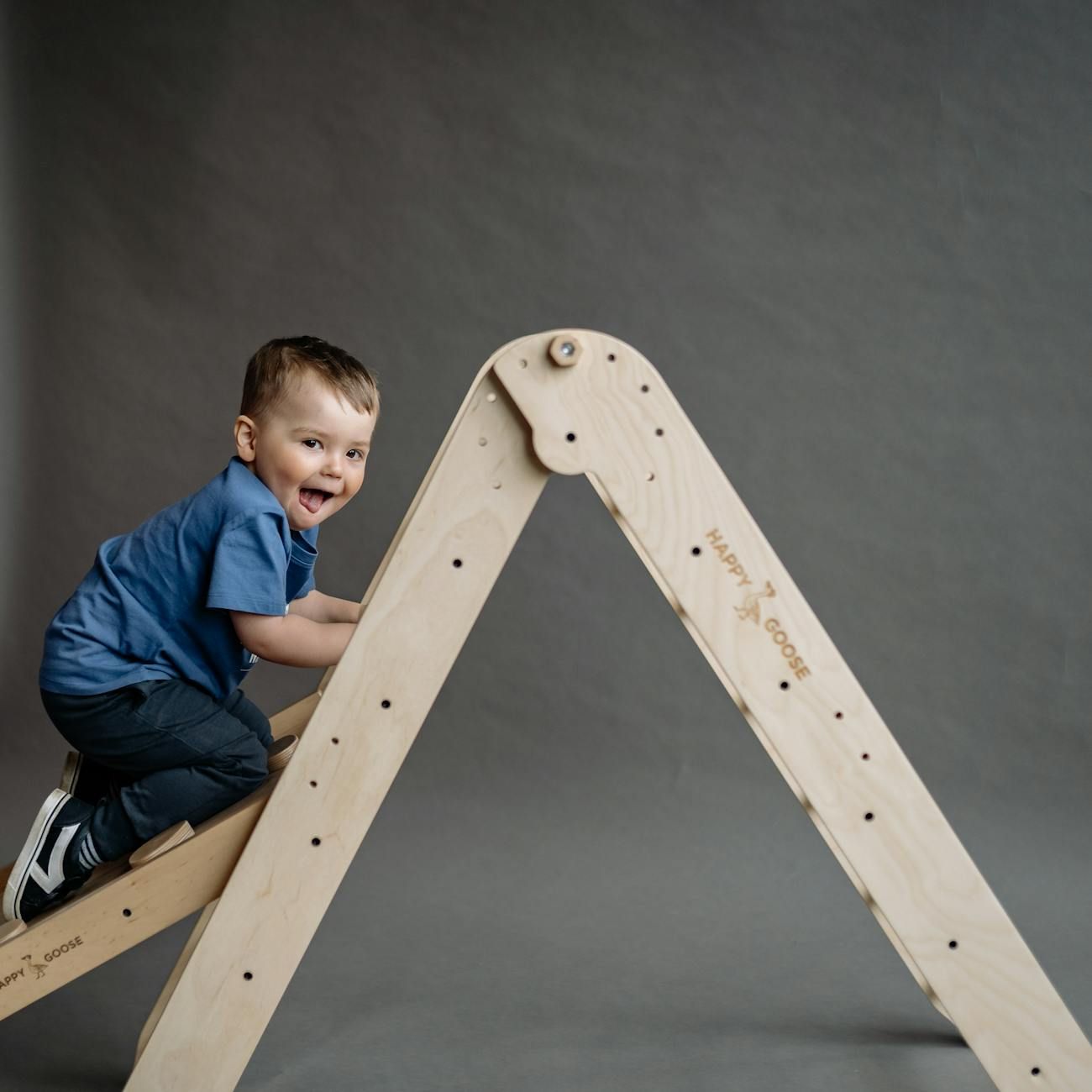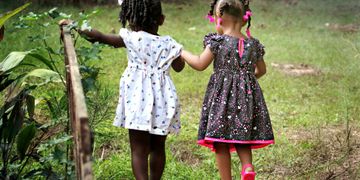Surviving the Three-Year Crisis: A Parent’s Guide to Toddler Behavior



Parenting a three-year-old can sometimes feel like navigating a never-ending storm. From toddler tantrums to defiant behavior, the "three-year crisis" is a challenging period for both children and parents. However, understanding the dynamics of toddler behavior and implementing effective parenting strategies can help you survive this tumultuous phase.
Understanding Three-Year-Old Behavior
Three-year-old behavior is often characterized by a strong desire for independence coupled with limited impulse control. As toddlers begin to explore their world and assert their autonomy, they may resort to tantrums and power struggles to express their emotions and exert control over their environment. While these behaviors can be frustrating for parents, it is essential to approach them with patience and empathy.
Managing Toddler Tantrums
Managing toddler tantrums requires a combination of understanding, consistency, and positive reinforcement. When your three-year-old throws a tantrum, remember that it is a normal part of their development and not a reflection of your parenting skills. Stay calm and avoid engaging in power struggles. Instead, acknowledge your child's feelings, set clear boundaries, and offer comfort and reassurance once the tantrum subsides.
Effective Toddler Discipline Strategies
One of the key aspects of surviving the three-year crisis is implementing effective toddler discipline strategies. Positive discipline techniques such as redirecting behavior, setting limits, and providing choices can help steer your child towards more appropriate behavior. Avoid using harsh punishment or resorting to yelling, as this can escalate the situation and undermine your child's sense of security.
Supporting Toddler Development
Understanding toddler development is crucial for navigating the challenges of the three-year crisis. During this stage, children are rapidly acquiring new skills and expanding their cognitive abilities. Encouraging independence, fostering emotional regulation, and promoting social skills are essential components of supporting your child's growth and development.
Balancing Firmness with Warmth
Handling a three-year-old requires a balanced approach that combines firmness with warmth. Be consistent in your expectations and responses, but also be empathetic and understanding towards your child's needs and emotions. Building a strong parent-child bond based on trust and communication is key to overcoming the hurdles of the three-year crisis.
Seeking Support
As you navigate the complex terrain of early childhood behavior, remember that seeking support is not a sign of weakness but a demonstration of your commitment to being the best parent you can be. Reach out to other parents, childcare professionals, or parenting resources for guidance and reassurance. Remember that you are not alone in this journey.
Conclusion
In conclusion, surviving the three-year crisis requires patience, empathy, and a willingness to learn and grow alongside your child. By adopting effective parenting strategies, understanding toddler behavior, and fostering a positive and nurturing environment, you can weather the storm of the toddler years and emerge stronger and more connected with your child.





